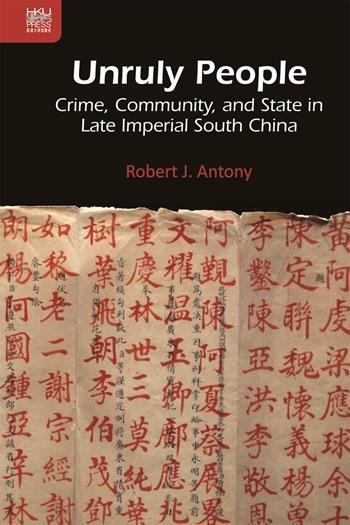
I've been reading a book about banditry in China from the late 18th into the mid 19th century (the mid-Qing or late Imperial period, in terms of traditional Chinese periodization).
These are simply among my notes from the reading. Notes that did NOT get into the actual review that I have prepared for publication months hence in The Federal Lawyer.
"Bandit" is not a legal term in English, it is a vernacular term that derives from the word for "banishment." It is associated with activities that might get their perpetrator banished, and with activities sometimes associated with those who HAVE BEEN banished, and who accordingly can only continue their criminal ways on the margins of a settled society, where there are hiding places or a nearby sanctuary.
The word most often translated into "bandit" from Chinese is "fei," which has a similar etymology.
Also, both "bandit" and "fei" suggest violent theft, as well as membership in a gang.
Another useful Chinese word to know in context is "zei." This suggests 'one who pillages.' It is a broader term than "fei" because the pillaging committed by a zei can be part of a political revolt, as well as or instead of banditry.
The book, UNRULY PEOPLE, is about bandits, but also in parts it is about the boundary where banditry can turn into rebellion, where zei may be a better word than fei.
The area under consideration is south eastern China -- the area along the Pacific from just north of Hong Kong, south to the Vietnam border.
Something else that the Anglophone and Chinese worlds have in common is the romantic view of banditry (as well as of its sea-faring cousin, piracy). English speaking folk think of Robin Hood. Chinese literature has analogs: the bandit as sympathetic nonconformist.
My apologies if this infliction of my first notes seems chaotic. That will be all for now.
Comments
Post a Comment